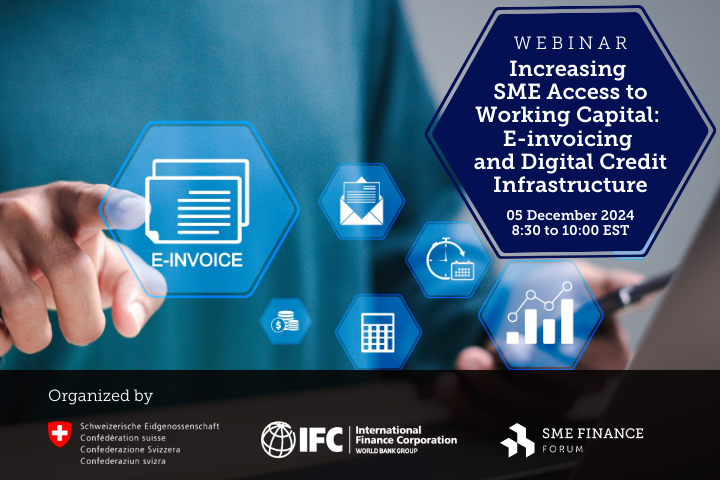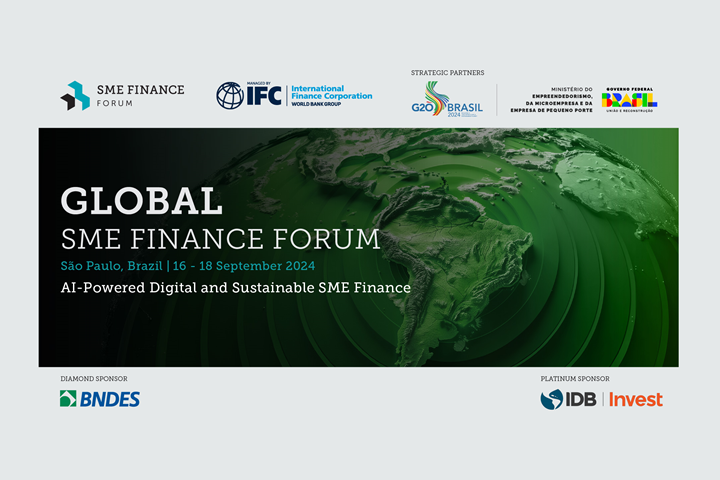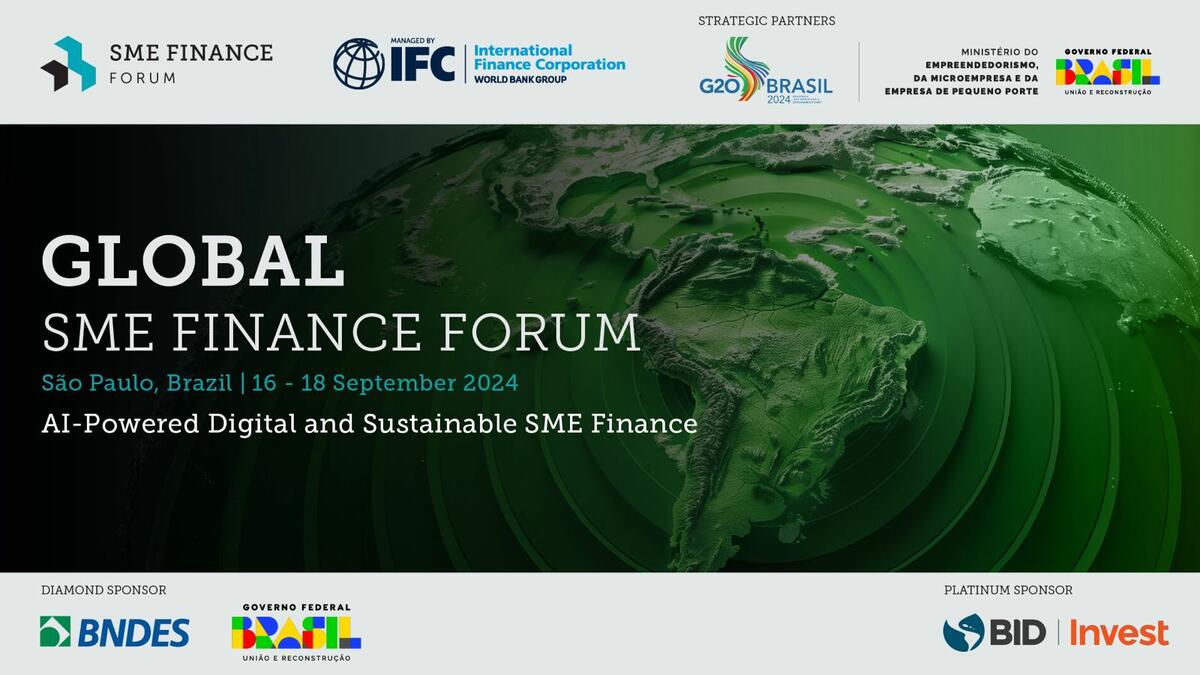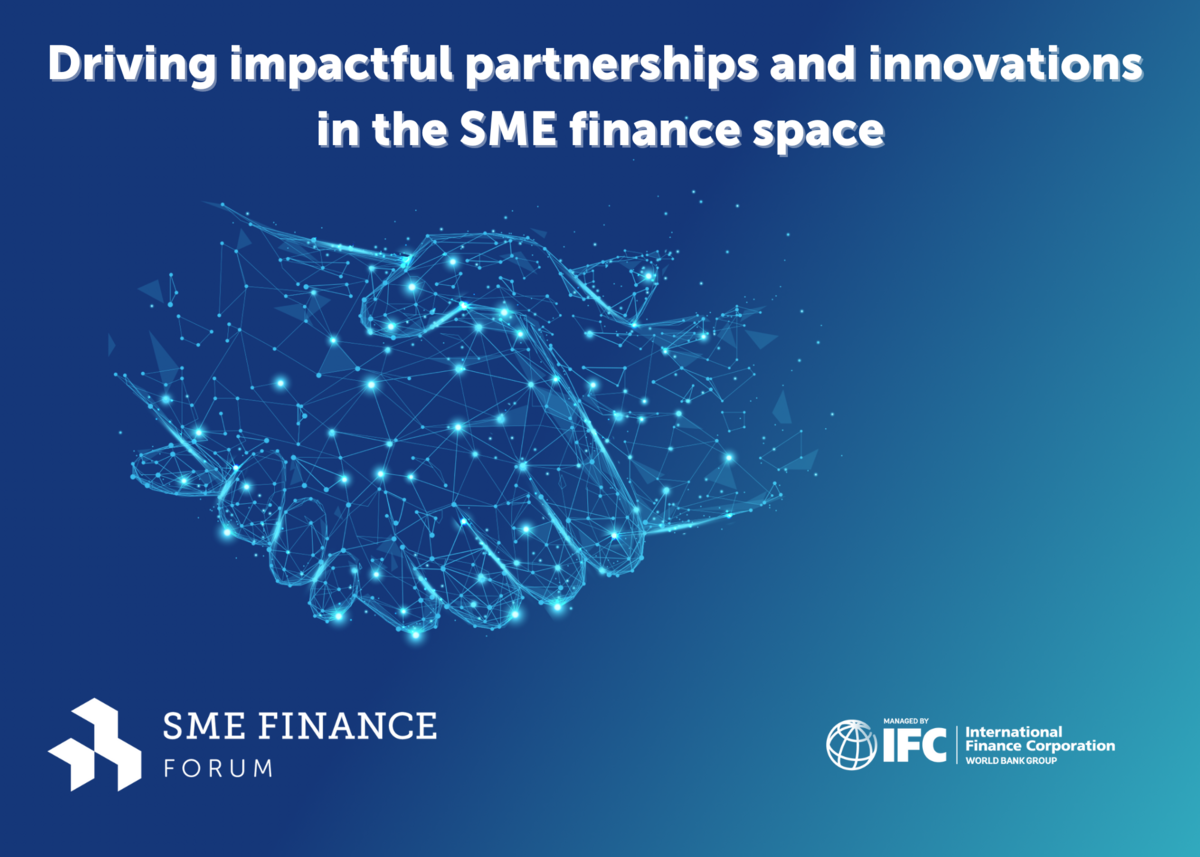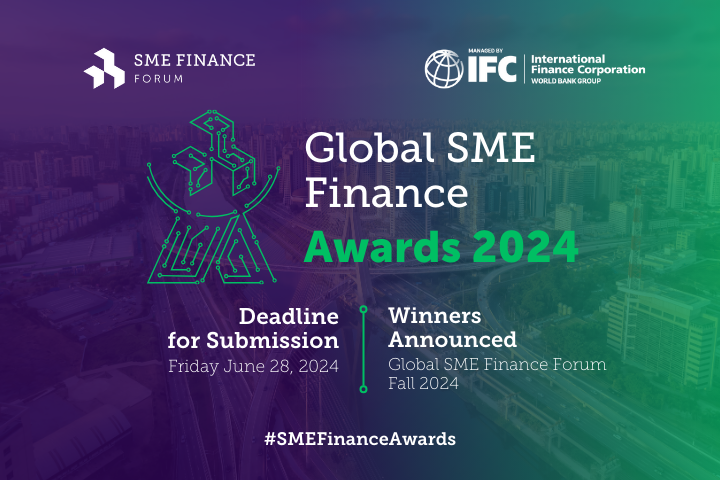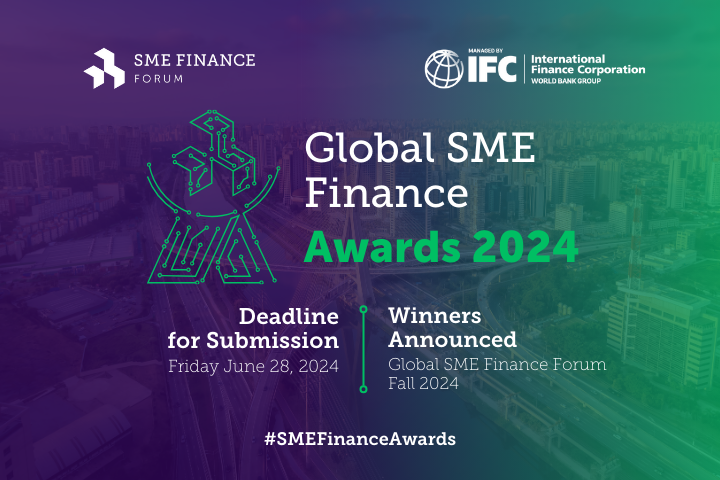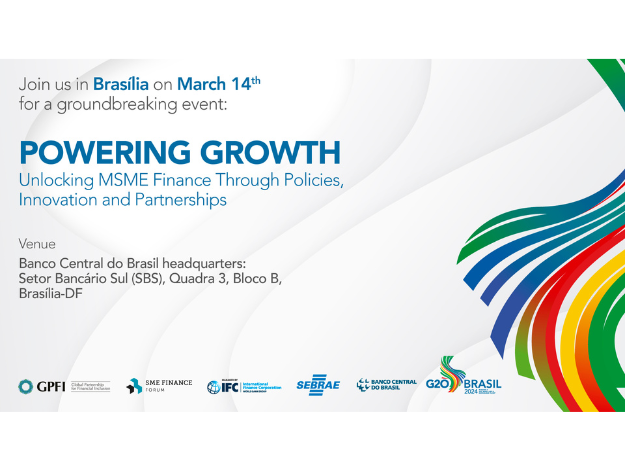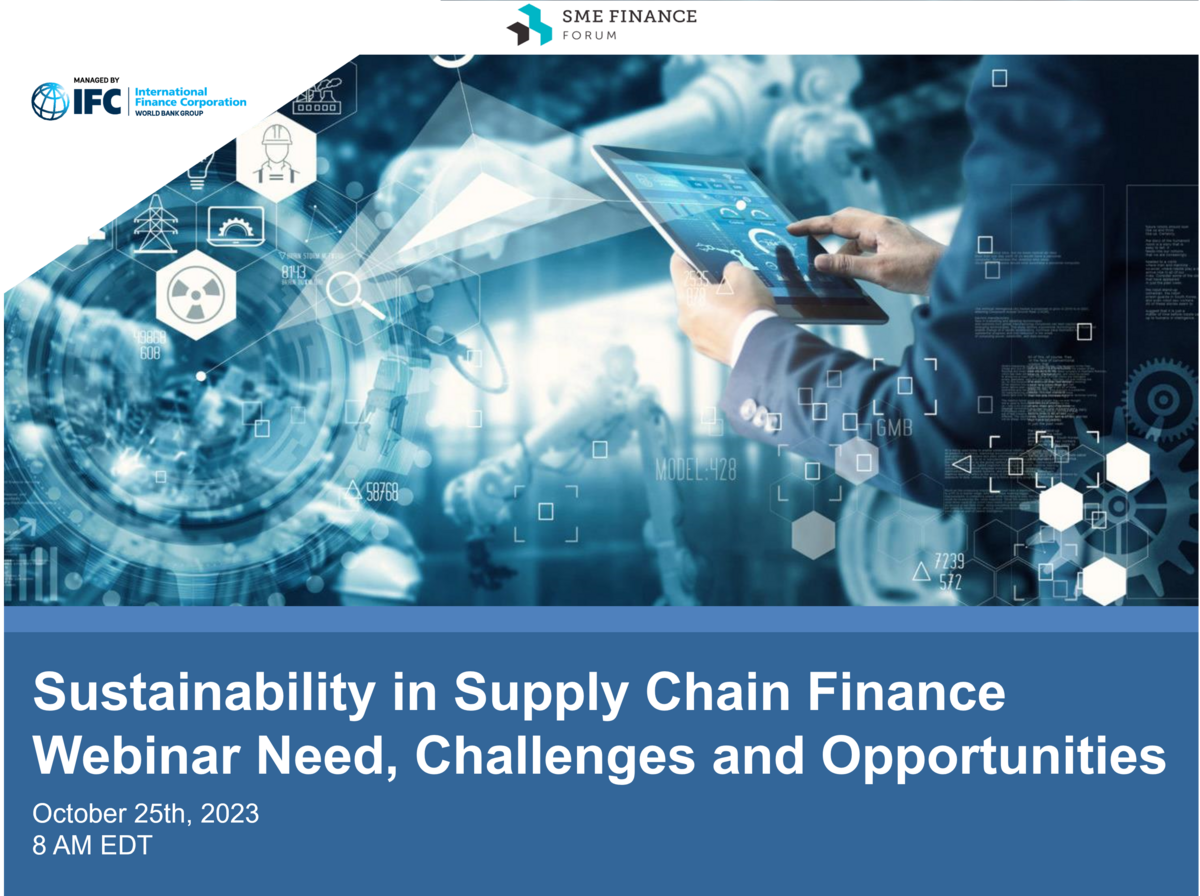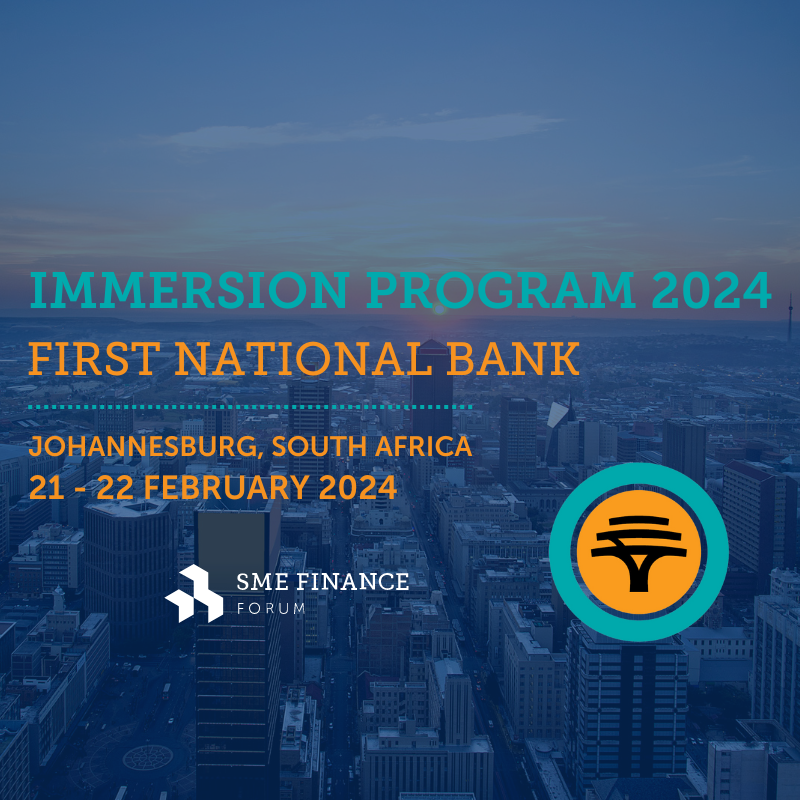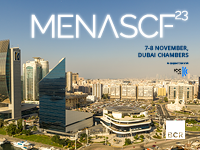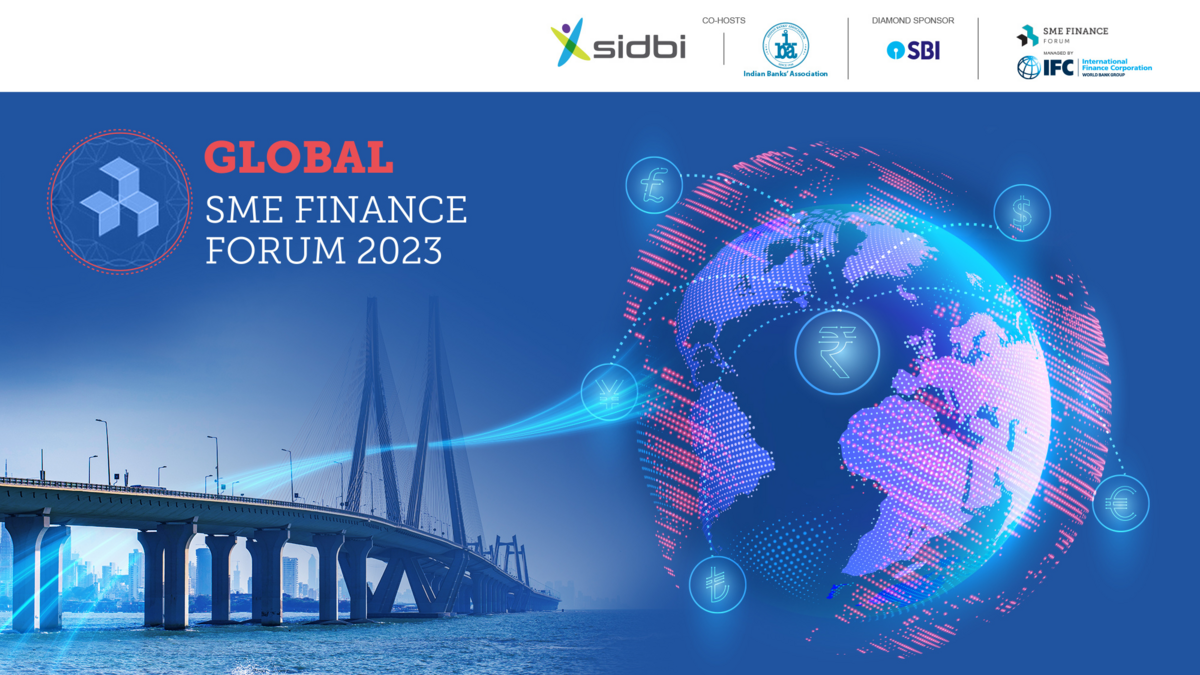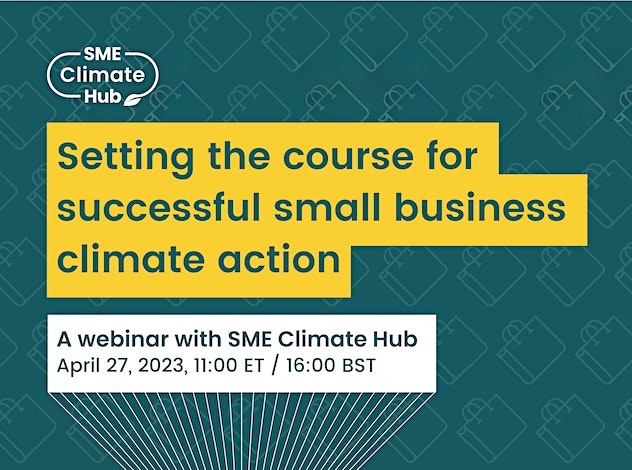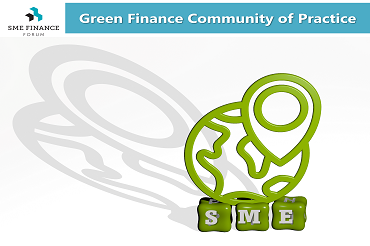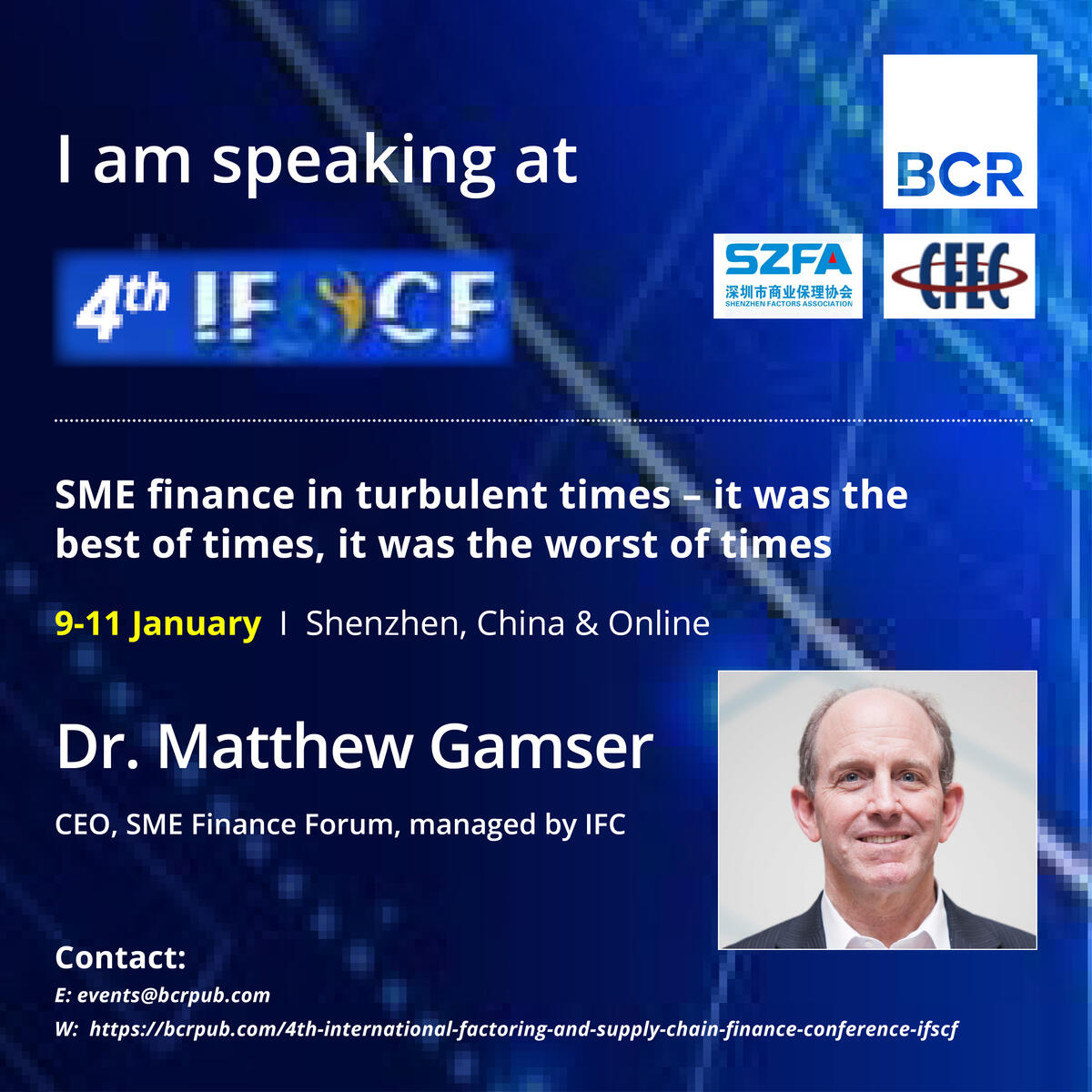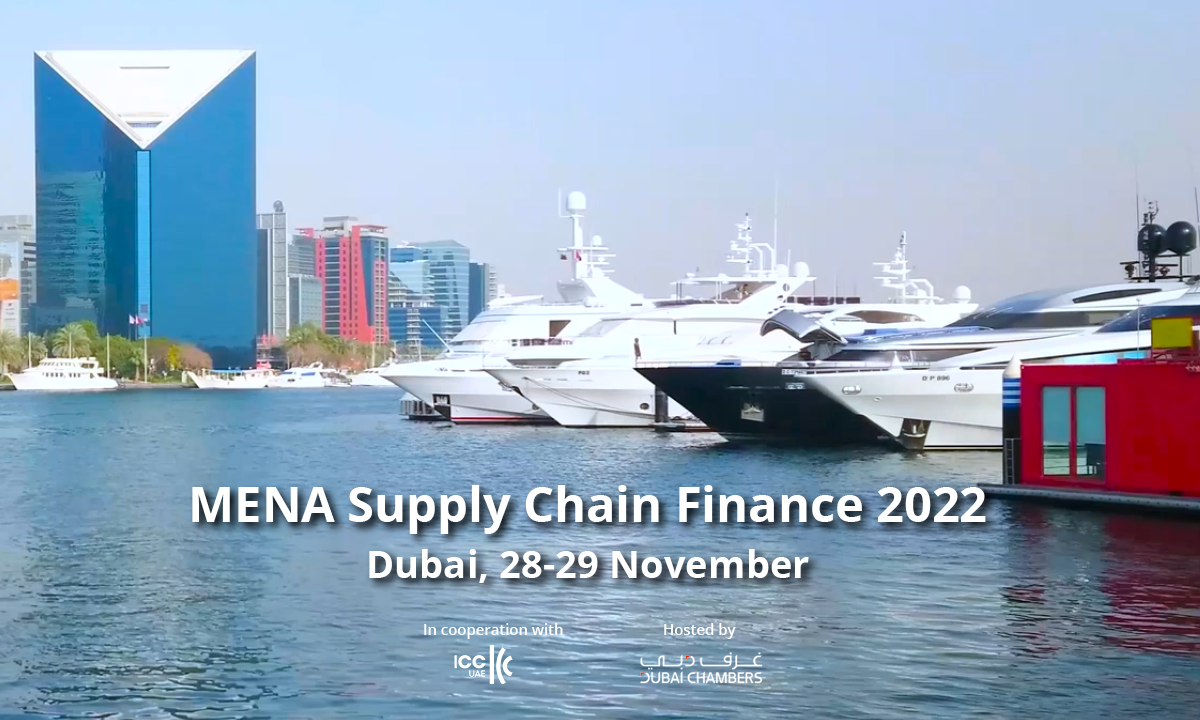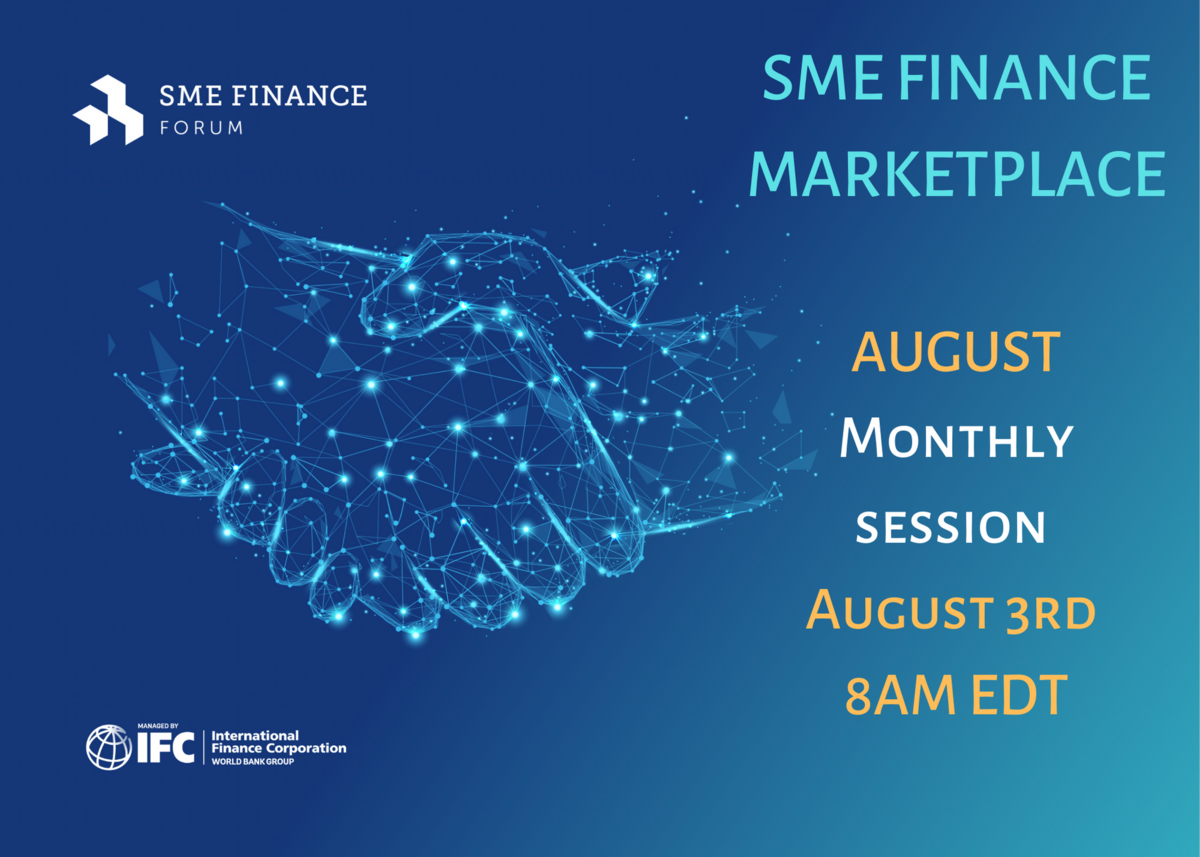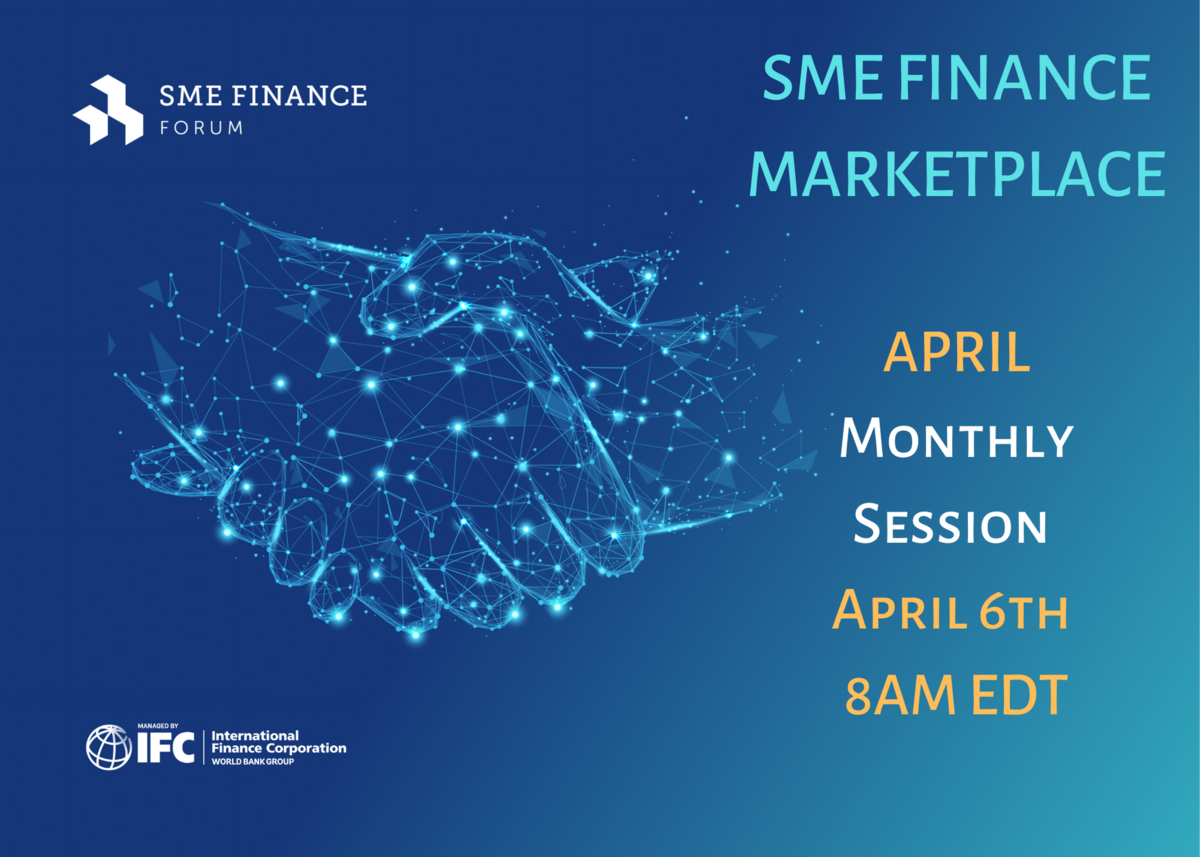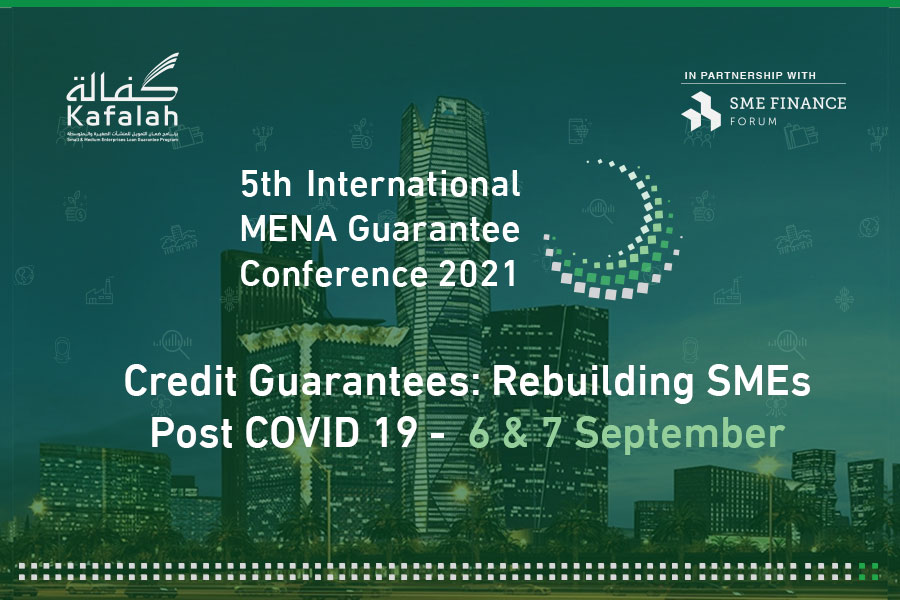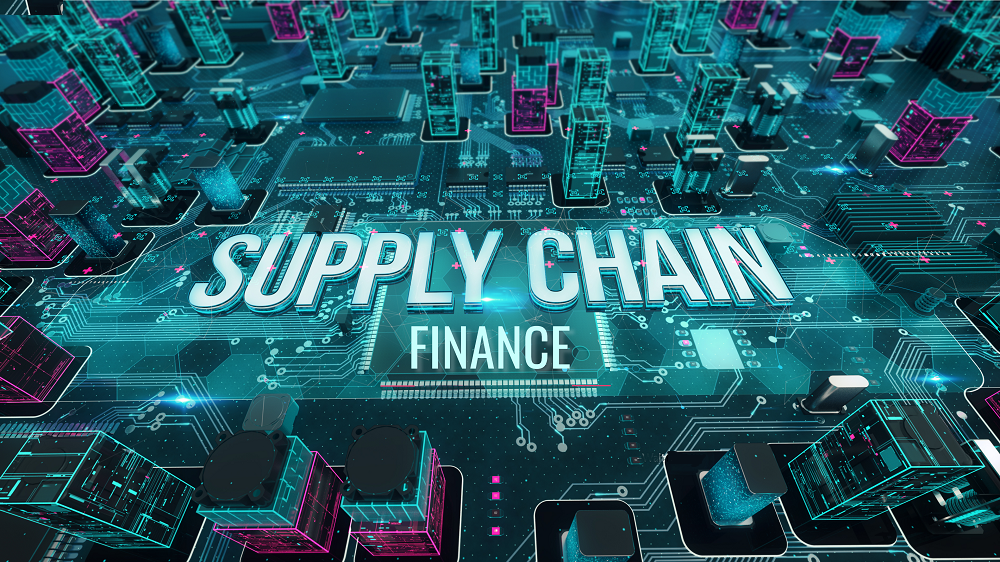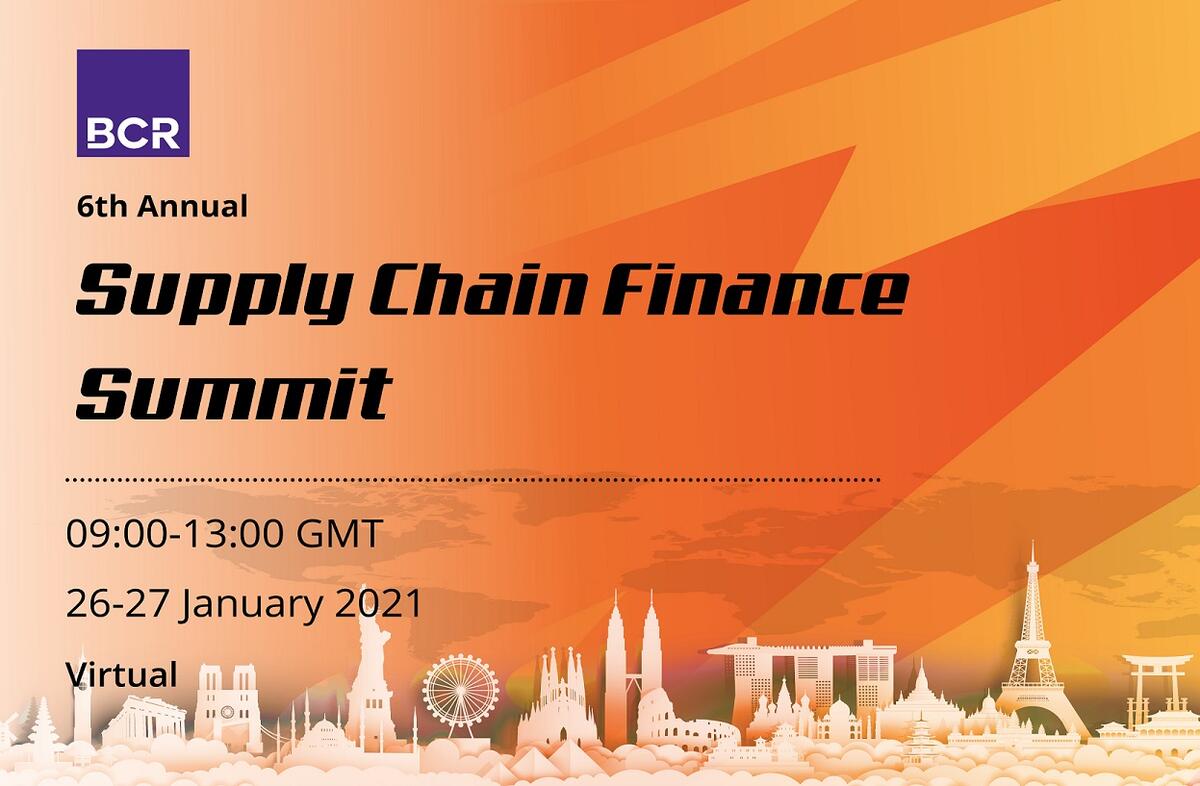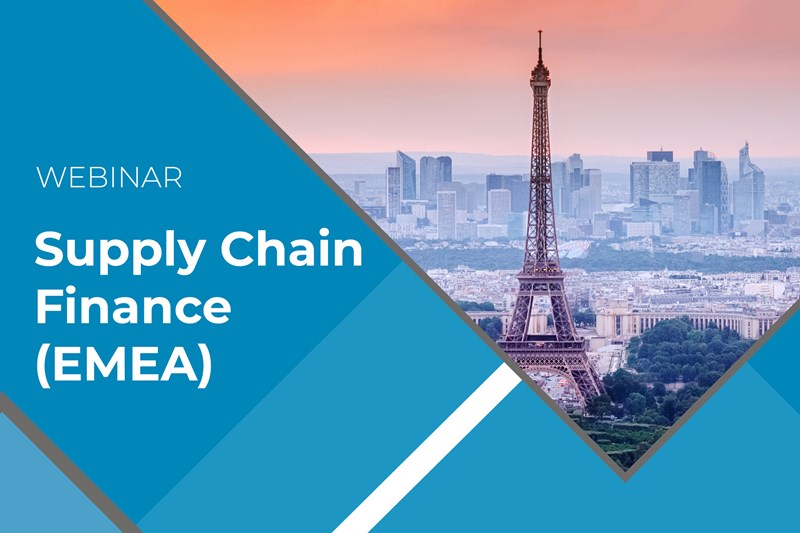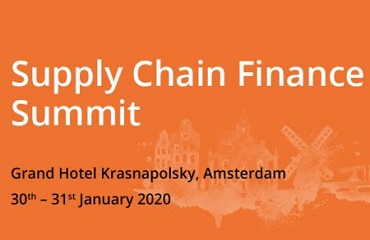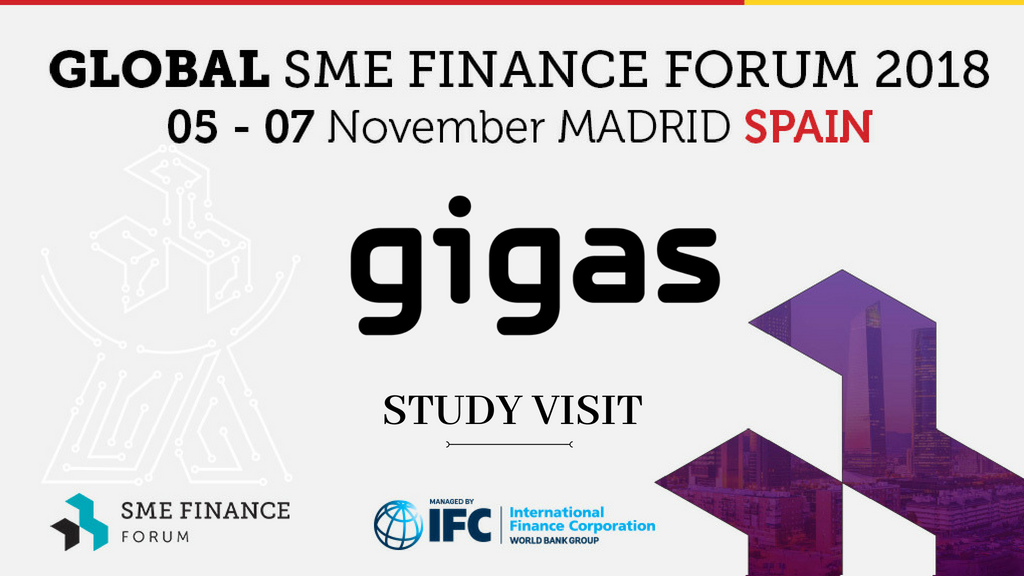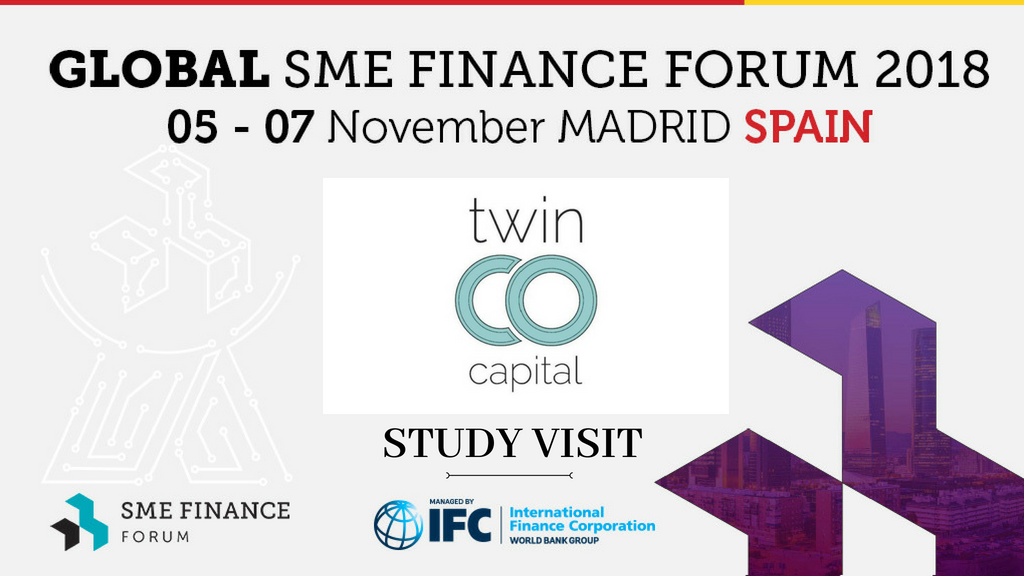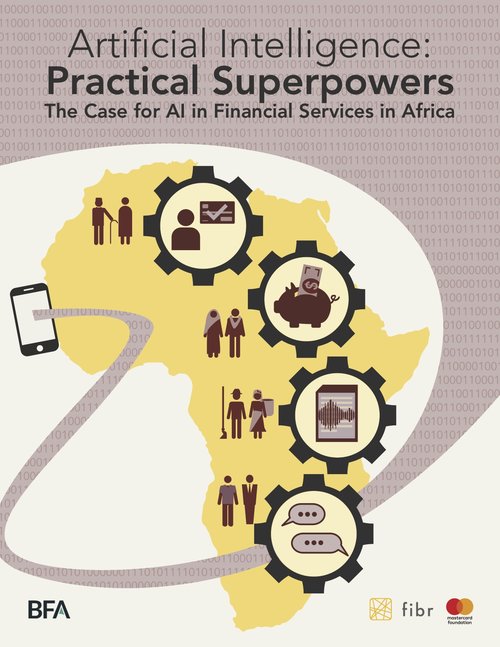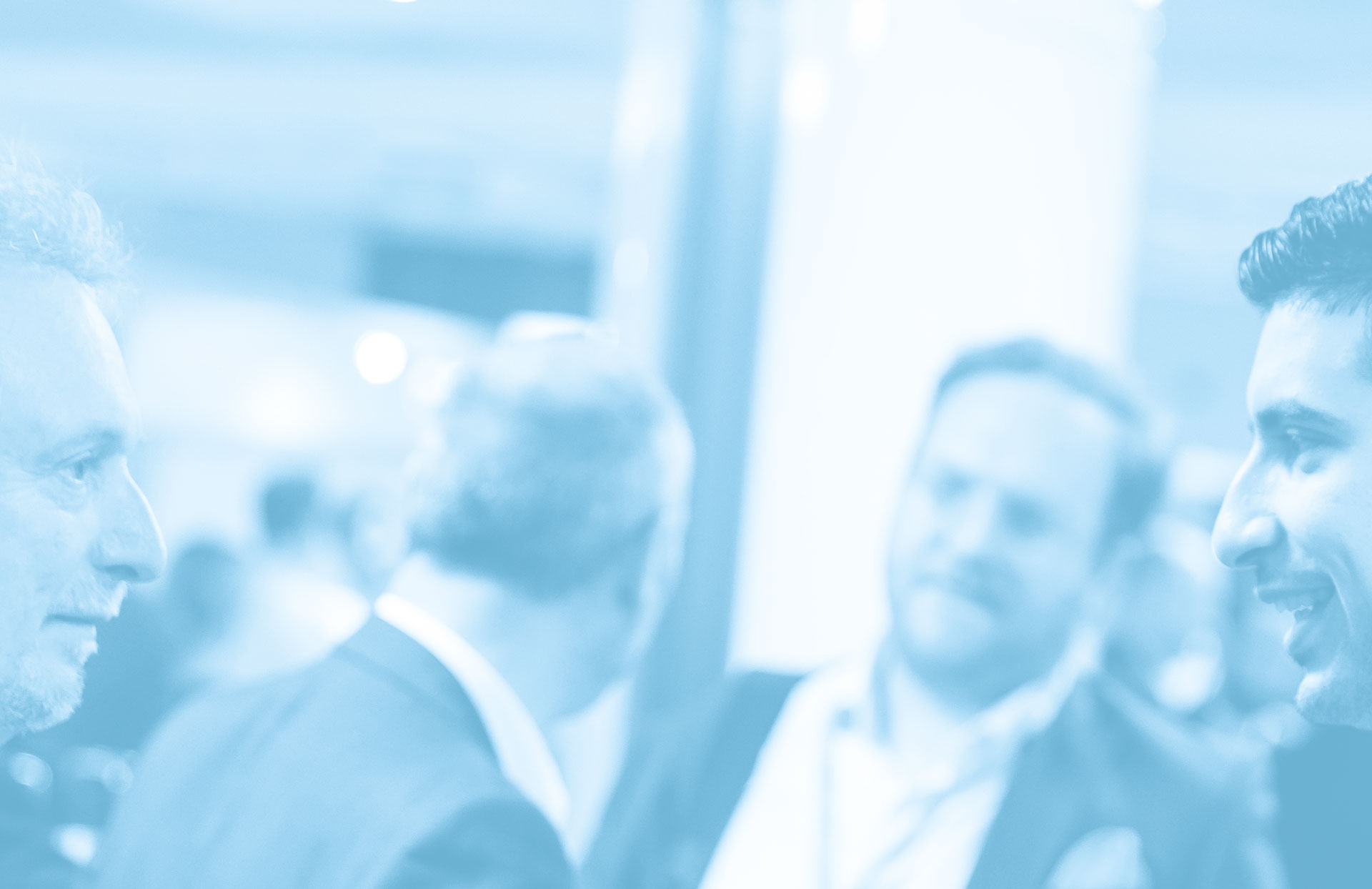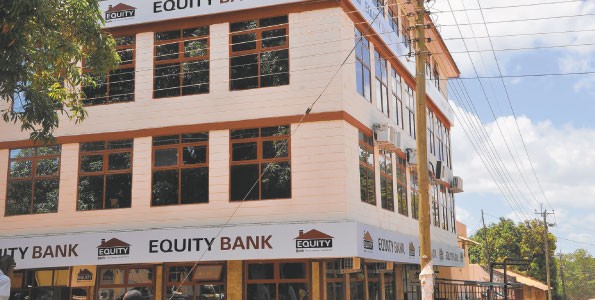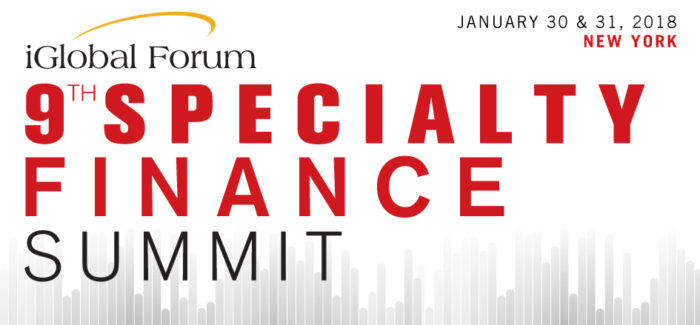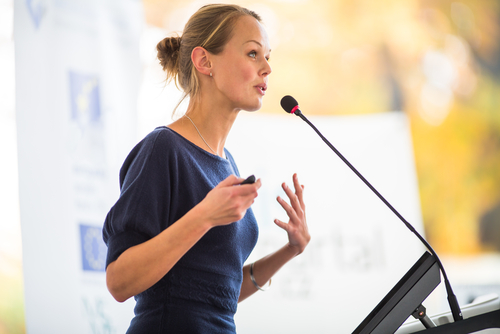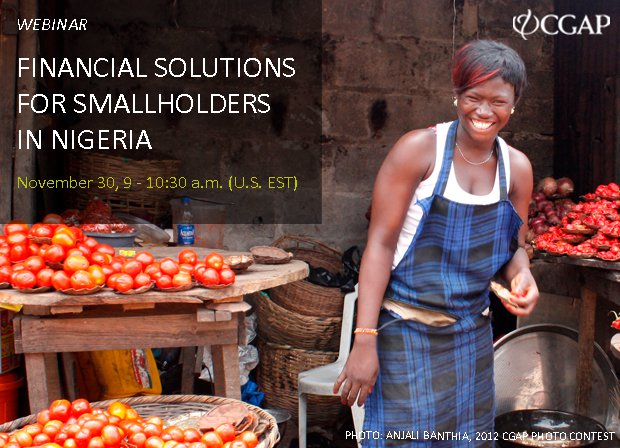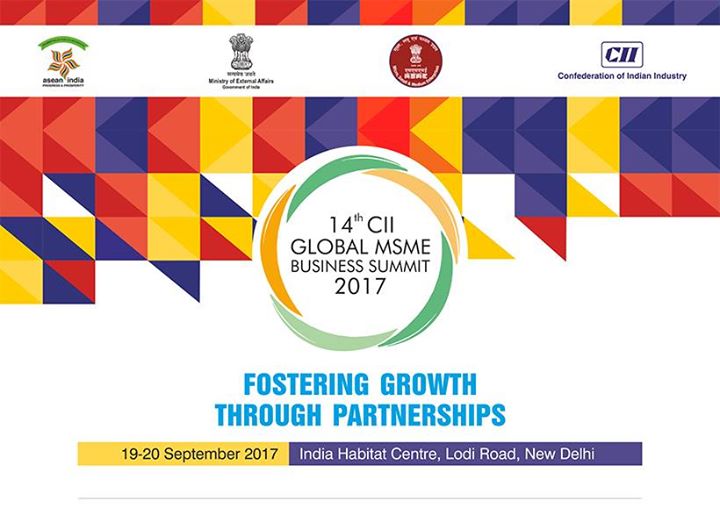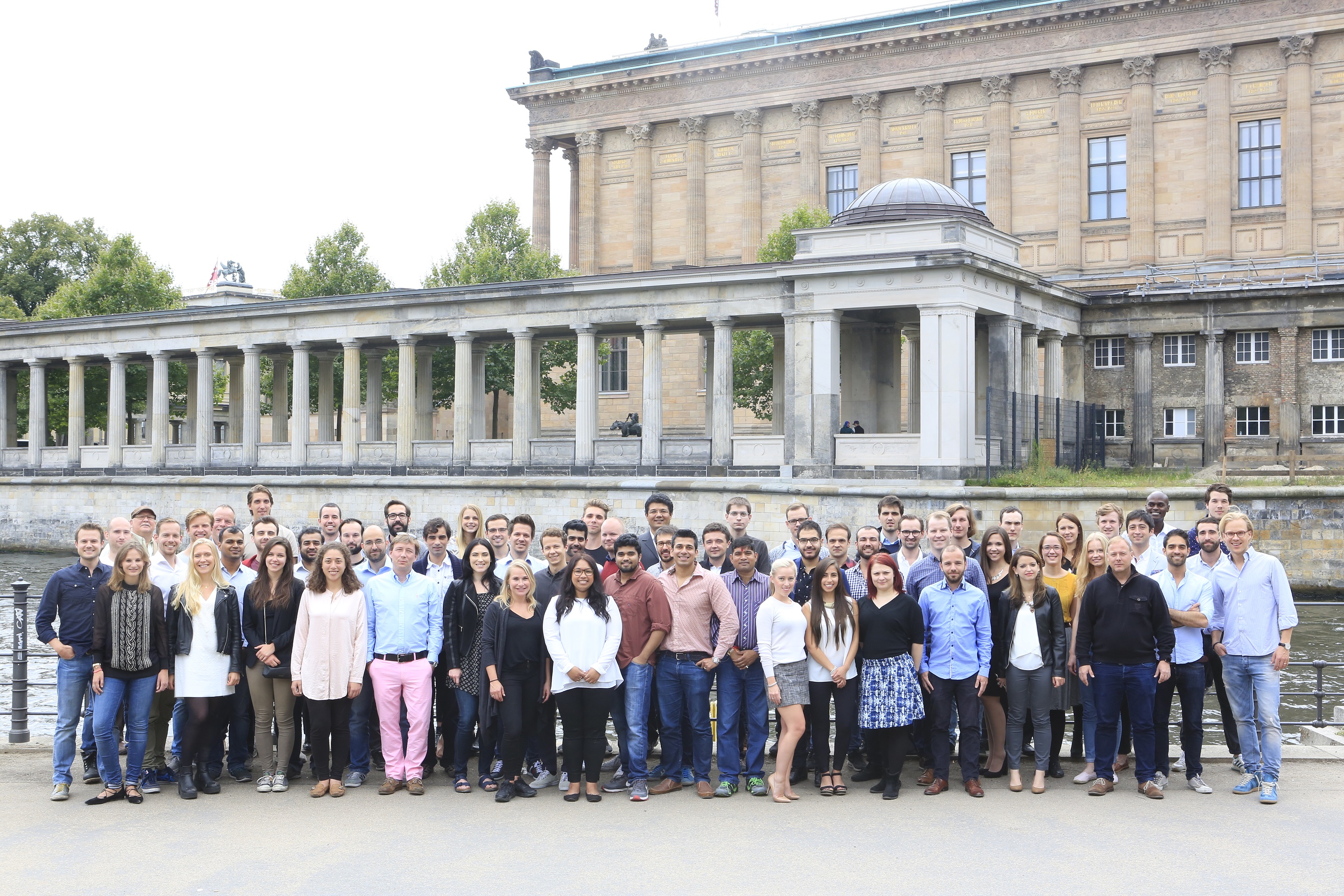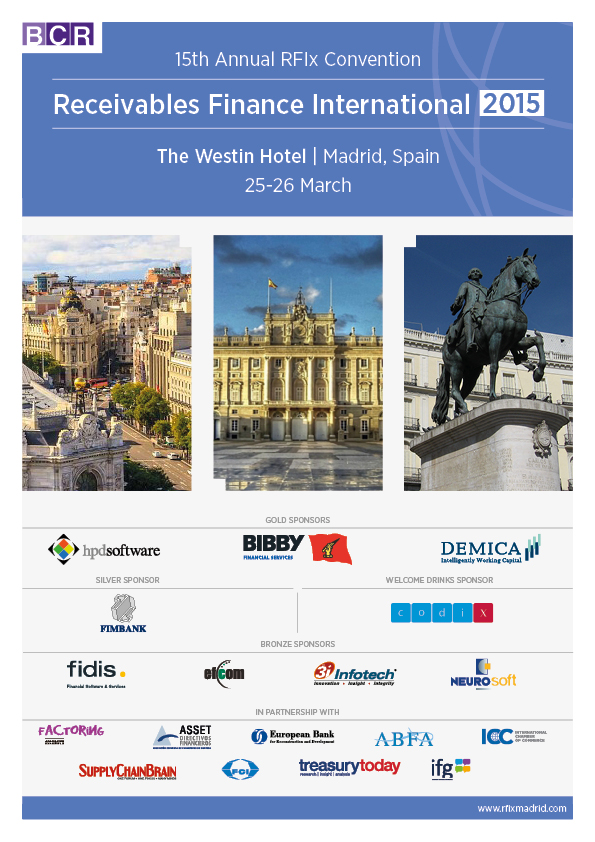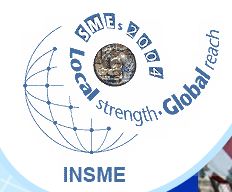Our events
Open Webinar: SME Lending & Social Impact in India

Session Description and objectives
Small businesses in India employ over 100 million people or 40% of India’s workforce and account for 29% of India’s GDP and 49% of its exports. The SME Finance gap in India is $221 billion or 10% of its GDP. However, current credit products are designed to serve only a section of the MSMEs (600,000 of them) leaving out a whopping 60+ million MSMEs. At the same time, the volume of impact investments is growing fast, since its inception in 2001. Since 2010, cumulative impact investment in India has been over $5 billion. In 2015 alone, $1 billion in impact investments were made. According to McKinsey, India has the potential to grow its impact investments by up to 25% by 2025, adding up to between $6 to $8 billion invested. While impact investments are a promising solution to bridging the SME finance gap, there are several challenges in this sector. According to the Brookings Institution India Center survey of impact investors, the top three significant challenges in the Indian context were appropriate capital across the risk-return spectrum, suitable exit options, and impact measurement.
In this webinar, we will examine the challenges and opportunities faced by Indian impact investors while financing SMEs. We will focus on best practices in measuring non-financial returns on investments by reviewing U GRO Impact Assessment Study conducted by Sattva Consulting. We will examine the tension and pressure arising from the necessity to deliver on both social and environmental fronts as well as the financial front in the absence of concessionary capital. And finally, the panelists will discuss the role of regulators and public-private partnerships.
Questions for Discussion
-
Impact measurement: A cornerstone of impact investing is the intentional provision of measurable non-financial social and environmental returns in addition to conventional financial returns.
-
What are the best practices in establishing causality between inputs, outputs and outcomes on one hand and social and environmental impact on the other? In India, there are several impact measurement infrastructures such as 1) rating systems (i.e., B-Impact Assessment (BIA) & Global Impact Investing Rating System (GIIRS); Portfolio, Risk, Impact, and Sustainability Measurement (PRISM)); 2) assessment systems (i.e., Social Return on Investment & Cost-Benefit Analysis) and 3) management systems (Impact Reporting and Investing Standards (IRIS), the Sustainable Development Goals (SDGs), B-Analytics and the Principles for Responsible Investment (PRI)). How did you choose the methodology for U GRO’s impact assessment? Why did you decide to focus on SDGs?
-
-
Returns in the absence of concessionary capital. The latest research shows that investors derive nonpecuniary utility from investing in dual-objective Venture Capital funds, thus sacrificing returns. Impact funds earn 4.7 percentage points lower internal rates of return ex-post than traditional VC funds. While those impact investors who primarily seek exposure to social impacts with a concessionary approach to financial returns still dominate the sector, a new breed of impact investors looking for high investment multiples are rising. How long will investors continue accepting lower rates of return in exchange for higher social and environmental impact? Will this dynamic influence investment volumes? How would the absence of concessionary capital influence risk management of impact investments?
-
Public-private partnerships. In 2014, India made it mandatory for companies of a certain size to spend 2% of their average net profit on corporate social responsibility and directed them to take a systemic approach. What are the examples of the best practices in public policy that encourage impact investments? Are there regulatory barriers to attracting more capital into impact investing?
Co-Organizer of the event:
U GRO is a Technology focused, small business lending platform based in Mumbai, India that focuses on addressing the capital needs of small businesses operating in select eight sectors by providing customized loan solutions. Do you want to know more about this SME Finance Forum member? Click here.
Host: Matthew Gamser, CEO of the SME Finance Forum.
Moderator:
 Shachindra Nath Vice Chairman & Managing Director of U GRO. He is a distinguished corporate leader and the Executive Chairman & Managing Director of U GRO Capital. A university rank holder in Law from the prestigious Banaras Hindu University (BHU), his rise from the humble beginnings in the carpet industry where he witnessed the strife of small businesses to access credit to turning entrepreneur is noteworthy. In his career spanning three decades, Mr Nath has been influential in building two insurance companies, a large asset management company and an NBFC. Some of his biggest achievements include establishing new business verticals alongside foraying into successful joint ventures and partnerships for the group. He has now taken on the role of an entrepreneur by acquiring control of a listed NBFC in 2018 and subsequently rebranding it as U GRO Capital. The company simultaneously raised capital of INR 9500 million under his leadership which is believed to be one of the largest institutional capital raising feats for an NBFC. Mr Nath is known to be an influencer and a hands-on leader who trusts his instincts. At present, he is focused on the MSME credit gap in India. Unlike many other techpreneurs, he is not interested in developing a dotcom company and selling it in a few years. Instead, he wants U GRO Capital to be as technology-driven as any other fintech start-up but wants it to be a business that stands the test of time.
Shachindra Nath Vice Chairman & Managing Director of U GRO. He is a distinguished corporate leader and the Executive Chairman & Managing Director of U GRO Capital. A university rank holder in Law from the prestigious Banaras Hindu University (BHU), his rise from the humble beginnings in the carpet industry where he witnessed the strife of small businesses to access credit to turning entrepreneur is noteworthy. In his career spanning three decades, Mr Nath has been influential in building two insurance companies, a large asset management company and an NBFC. Some of his biggest achievements include establishing new business verticals alongside foraying into successful joint ventures and partnerships for the group. He has now taken on the role of an entrepreneur by acquiring control of a listed NBFC in 2018 and subsequently rebranding it as U GRO Capital. The company simultaneously raised capital of INR 9500 million under his leadership which is believed to be one of the largest institutional capital raising feats for an NBFC. Mr Nath is known to be an influencer and a hands-on leader who trusts his instincts. At present, he is focused on the MSME credit gap in India. Unlike many other techpreneurs, he is not interested in developing a dotcom company and selling it in a few years. Instead, he wants U GRO Capital to be as technology-driven as any other fintech start-up but wants it to be a business that stands the test of time. Speakers:

Deepa Hingorani is Vice President at IFU, The Danish Investment Fund for developing countries. She is the global head for Financial services and also the head for Asia at IFU, based in Singapore. IFU is a Danish Government-owned investment fund that invests equity and debt for impact in emerging markets.
She has 27 years of investment experience with transactions in Climate, Agribusiness, Financial Inclusion, Manufacturing and Healthcare. She had an instrumental role in marking IFU’s entry into the financial inclusion space in 2010.
Deepa holds a master's in Finance from the University of Delhi and an Executive MBA from SIMI Copenhagen.

Ms. Bama Balakrishnan, Chief Operating Officer. Bama is the COO of Northern Arc Capital. She was previously the Chief Financial Officer in 2017. In her role as CFO, she played a key role in deepening access to liabilities and completing a significant capital raise for Northern Arc. She joined Northern Arc Capital in 2012 and initially served as the Chief Risk Officer. In this phase, she led the strengthening of the risk management approach as the company scaled up across multiple new sectors. Prior to Northern Arc Capital, Bama worked with ICICI Bank for 10 years initially in the structured finance team and later lead teams in corporate and investment banking in India, USA and Singapore. She is a Director on the Board of Dvara Research, a policy research institution with a focus on financial systems design and household finance as key areas.

Aditya Mohan is currently Senior Investment Manager at Triodos Investment Management and has over a decade’s experience in impact investing. He currently oversees a portfolio of private equity and debt investments with a focus on financial institutions, agri-enterprises and renewable energy in Asia. He was earlier associated with BlueOrchard Finance where he was part of the Asia debt investment team. He holds a Masters in Business Administration from Erasmus University, Rotterdam.
Nikunj Oli
Investment Specialist at ADB
In case you’re unable to catch the live webinar, here is the recording, which you can watch at your convenience> https://vimeo.com/722998096




